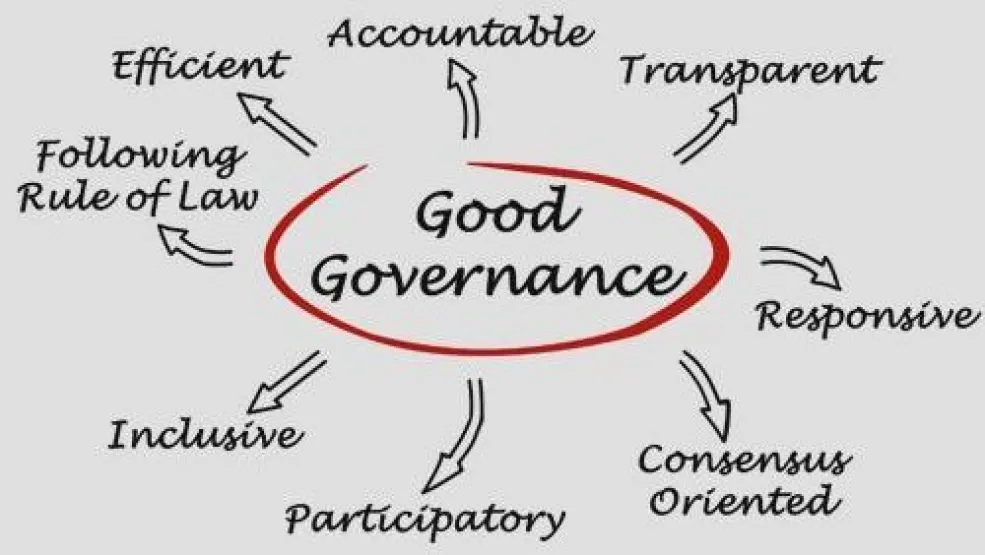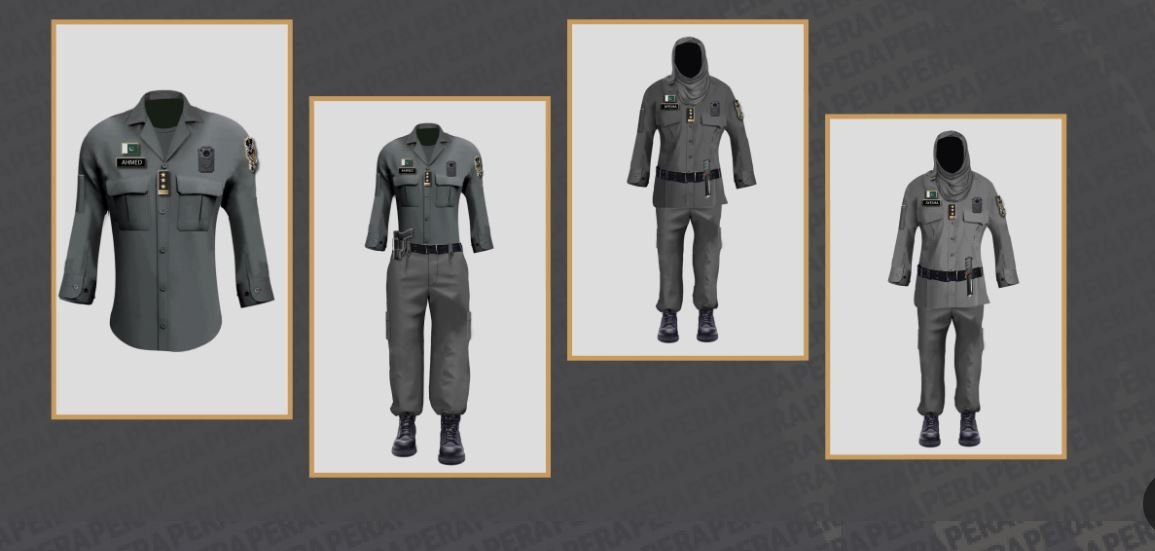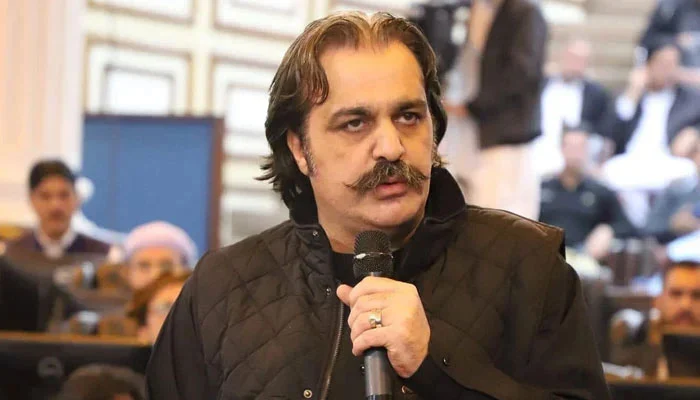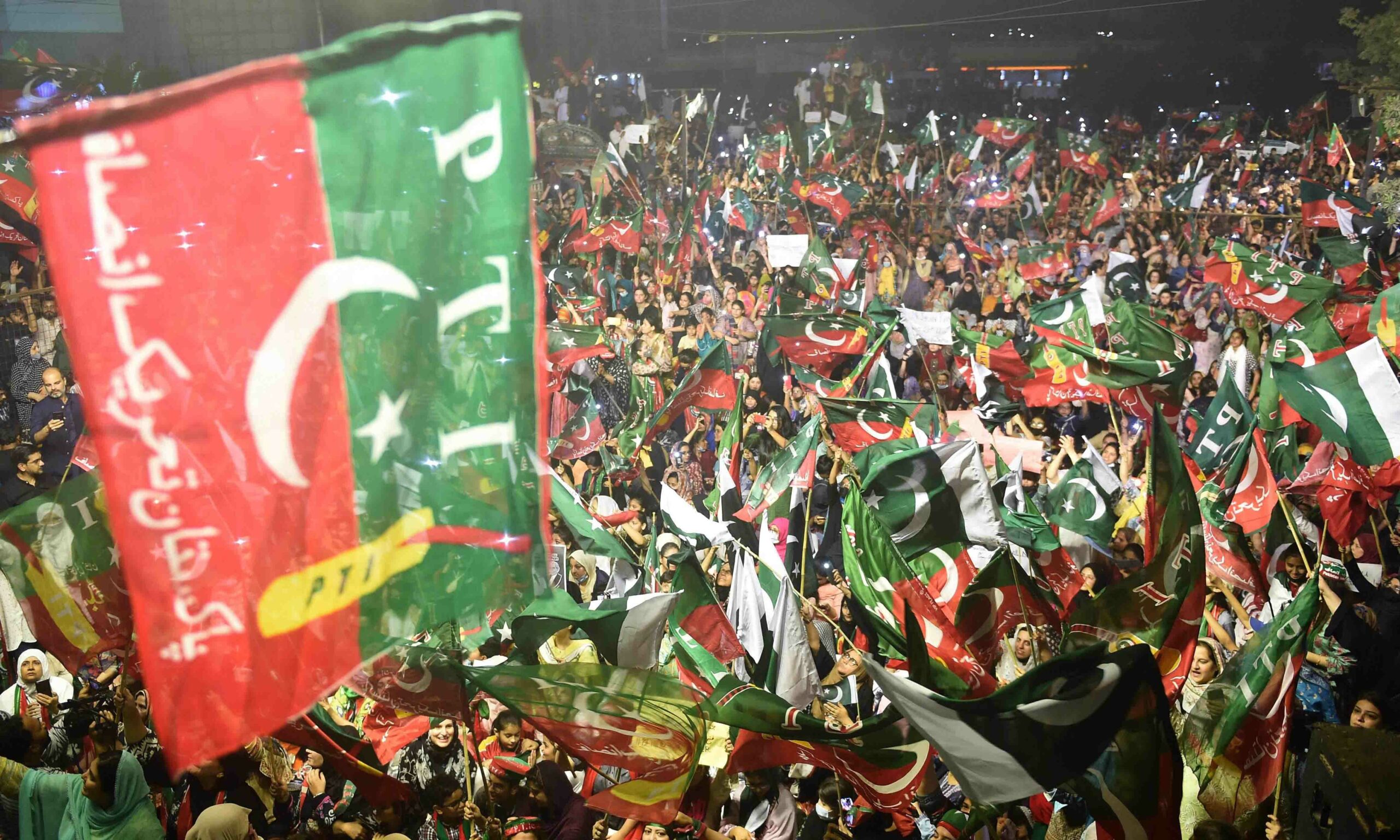Editorial
In a deeply consequential turn of events, the Islamic Republic of Pakistan has issued a categorical condemnation of the recent U.S. airstrikes on Iran’s nuclear facilities, a move that follows Israel’s sustained pattern of aggression in the region. This condemnation, while measured in diplomatic tone, reflects a principled stance rooted in international law, regional stability, and a firm rejection of unilateral military actions that further erode the norms of global peacekeeping.
Pakistan’s response underscores a growing concern shared by many in the international community: the unchecked escalation of hostilities in the Middle East risks spiraling into a broader, irreversible conflict. The attacks on Iran—whether initiated by Israel or now compounded by the United States—represent more than just a challenge to Tehran’s sovereignty. They signify a blatant disregard for the foundational tenets of the United Nations Charter and threaten to unravel the already fragile security architecture of the region.
What is particularly alarming is the coordinated nature of these attacks, targeting Iran’s nuclear infrastructure under the pretext of preventing weapons development. Yet beneath the surface lies a strategic ambition to destabilize the Islamic Republic, potentially triggering regime change through external force—a policy that has historically backfired with devastating consequences, as witnessed in Iraq and Libya. Pakistan’s statement rightly reminds the world that Iran, as a sovereign state, holds the inalienable right to self-defense as enshrined in Article 51 of the UN Charter.
The implications of further escalation are far-reaching. The Middle East, already burdened by years of war, occupation, and sectarian manipulation, cannot afford another front of devastation. The possibility of Iran retaliating—whether through direct strikes or via regional allies—would not only endanger neighboring states but also risk igniting a conflict that could engulf global powers, destabilize energy supplies, and compound existing humanitarian crises.
Pakistan’s call for restraint is thus not merely diplomatic posturing but an urgent appeal for the restoration of legal and moral sanity in international affairs. The emphasis on civilian safety, the protection of infrastructure, and strict adherence to International Humanitarian Law must be viewed as essential principles, not optional considerations, especially in an age where civilian populations continue to suffer disproportionately from the decisions of political elites and military-industrial agendas.
Subscribe to the YouTube channel of republicpolicy.com
It is also critical to recognize that any meaningful resolution to this crisis cannot be achieved through bombs and blockades. Dialogue and diplomacy, grounded in mutual respect and the spirit of the UN Charter, remain the only viable path forward. The use of force, particularly by nuclear-armed states against a nation exercising its sovereign rights, sets a dangerous precedent that threatens to normalize impunity and erode the credibility of international institutions meant to prevent war.
Pakistan’s position is further reflective of a broader regional sentiment that yearns for stability over conflict, for negotiation over aggression. As a nuclear-armed nation situated in close proximity to Iran, Pakistan has a vested interest in the preservation of peace. But more importantly, it has a moral obligation—as do all nations—to stand against the erosion of global order through unilateral and illegal uses of force.
The ongoing military operations against Iran demand a collective international response—not one that emboldens further strikes, but one that reaffirms the supremacy of international law and the right of nations to exist free of coercion. The UN Security Council, the Organisation of Islamic Cooperation (OIC), and regional forums must now step up to address this crisis with the seriousness it demands.
The Republic Policy Think Tank echoes Pakistan’s official condemnation and urges all state actors—regional and global—to refrain from actions that may trigger another catastrophic war in the Middle East. The road to peace lies not through destruction, but through dialogue rooted in justice, sovereignty, and the shared future of humanity.

















